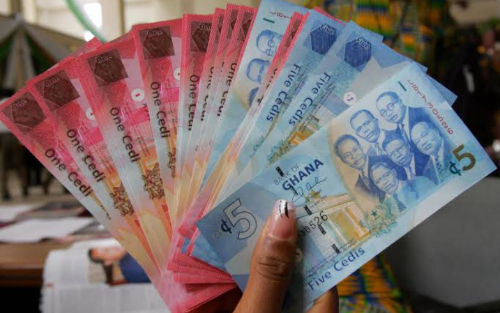Ghana Inflation Falls to 18.4% as Soaring Cedi Eases Import Costs

TLDR
- Ghana’s annual inflation rate dropped to 18.4% in May, its lowest level in over three years
- Inflation has now slowed for five consecutive months, down from 21.2% in April
- The slowdown was driven by a strong rally in the cedi and lower global oil prices
Ghana’s annual inflation rate dropped to 18.4% in May, its lowest level in over three years, driven by a strong rally in the cedi and lower global oil prices, the Ghana Statistical Service said Wednesday. Inflation has now slowed for five consecutive months, down from 21.2% in April.
Prices rose 0.7% month-on-month, according to Government Statistician Alhassan Iddrisu. Food inflation remained high at 22.8%, while non-food prices rose by 14.4%.
The decline comes as Ghana’s currency—the cedi—has appreciated 44% year-to-date, making it the world’s best-performing currency as of Tuesday. The rally is supported by a surge in gold prices, as Ghana remains Africa’s largest gold producer.
Daba is Africa's leading investment platform for private and public markets. Download here
Key Takeaways
With inflation easing and the cedi gaining strength, pressure is mounting on Ghana’s central bank to cut interest rates from the current 28%. Economists, including Courage Boti of GCB Bank, expect a cut of up to 200 basis points in the coming months. “A wide gap between inflation and the policy rate is no longer tenable,” Boti said, suggesting monetary easing may be necessary to stimulate domestic demand and reduce borrowing costs amid improving macroeconomic conditions.

Next Frontier
Stay up to date on major news and events in African markets. Delivered weekly.
Pulse54
UDeep-dives into what’s old and new in Africa’s investment landscape. Delivered twice monthly.
Events
Sign up to stay informed about our regular webinars, product launches, and exhibitions.




